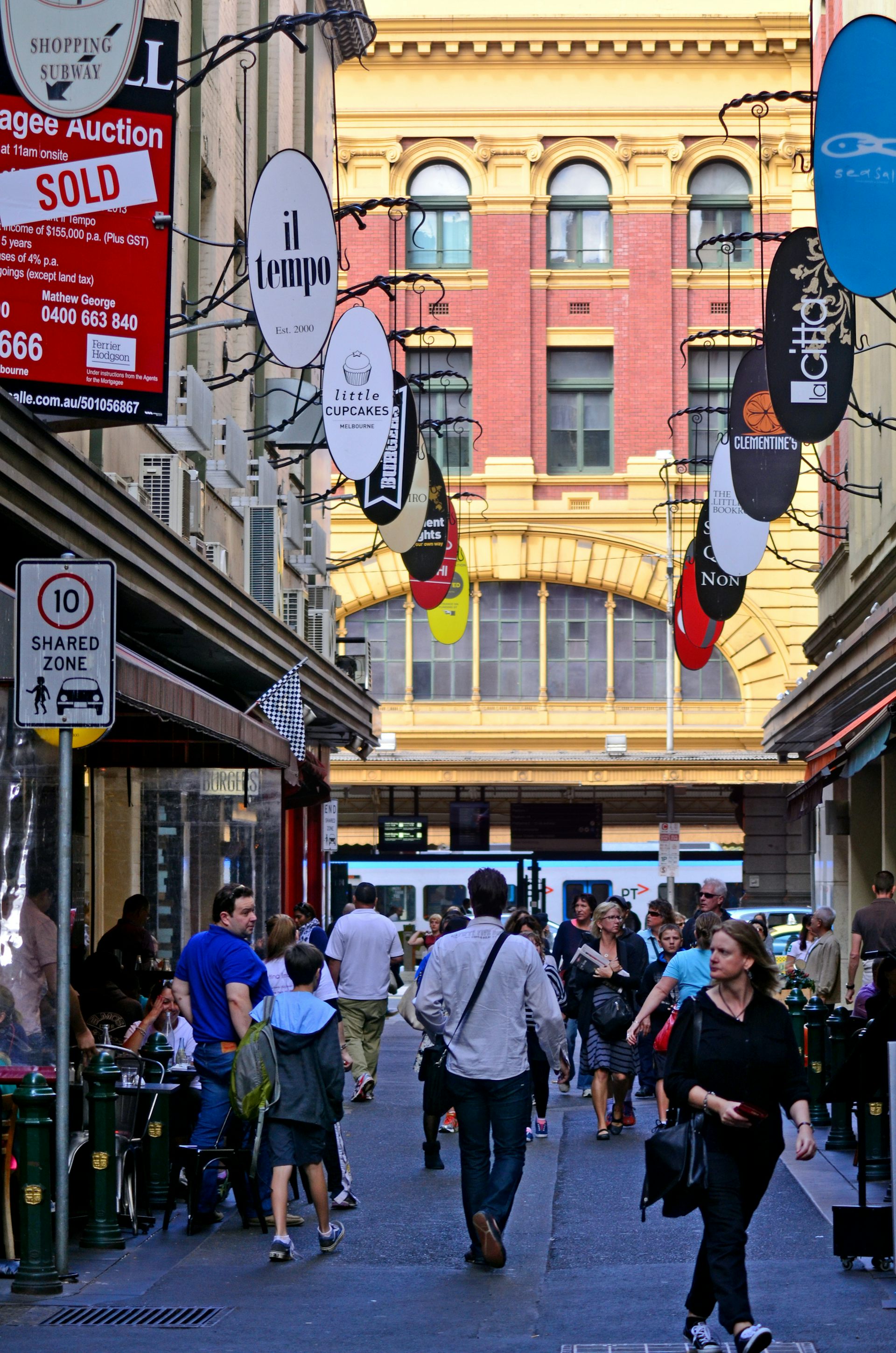Author:
Freya Higgins-Desbiolles
(MENAFN- The Conversation) Tourism today has a problem and needs an entire rethink. Pundits are debatingovertourism ,peak tourismandtourismphobia . Cities such asBarcelona ,VeniceandDubrovnikare witnessing a backlash against imposed forms of tourism.
In response, new tactics have been tried, ranging fromtourist 'police'andtourist taxesto entry fees andcrowd control . Cities are having to rethink their engagement with tourism if they want to keep the locals fromrioting .
Read more:
Tourists behaving badly are a threat to global tourism, and the industry is partly to blame
Fundamental concerns are being raised. If tourism is to have a sustainable future, we need to reorient our focus and put the well-being and interests of local residents at the forefront.
Understanding tourism
Tourism is typically understood from two angles. On the one hand, the focus is on the tourists and the nature of their motivations and demand, in the hope of enticing more. On the other is the business side, focused on developing products and services to provide to tourists.
The industry seeks to grow tourism for profits. Governments support the industry for the jobs and revenues it provides. The result has been a relentless growth in tourism in forms that locals have often not appreciated.

In Hong Kong, locals have protested about the unregulated numbers of tourists from the Chinese mainland.
Alex Hofford/EPA/AAP
Developments like Airbnb are placing touristsin the heart of local neighbourhoods , disrupting the rhythms of daily life.Events are imposed on communities , driving out locals or blighting their quality of life. A case in point is the Newcastle 500 Supercars event, whichsome locals claimhas harmed local businesses and disrupted residents' lives.
Public assets like theAdelaide ParklandsandAustralian national parks and World Heritage areasare being commercialised and privatised for tourism developments.
Read more:
From Kangaroo Island to the Great Barrier Reef, the paradox that is luxury ecotourism
Shifting the focus to the local community
We could create a different future for tourism if it was reoriented to be centred on the local community.Our recently published research paperredefined tourism as:
The process of local communities inviting, receiving and hosting visitors in their local community, for a limited time duration, with the intention of receiving benefits from such actions.
Such forms of tourism may be offered by commercial businesses or made possible by non-profit organisations. But in this restructure of tourism, tourism operators would be allowed access to the local community's assets only under their authorisation and stewardship.
The seeds of such a transition to more sustainable forms of tourism are already growing.
Respect and fairness go a long way
Venice provides a good example. In 2017, the authorities launched a#EnjoyRespectVeneziacampaign to overcome problems of poor tourist behaviour.
In 2019, Venetian authorities have gone even further byintroducing an entry feethis year and, later,a booking system . Mayor Luigi Brugnaro said:
We intend to guarantee a better liveability for citizens and, above all, for the residents.

The use of metal turnstiles to limit admissions of tourists is controversial in Venice.
Andrea Merola/EPA/AAP
Read more:
Cruise lines promise big payouts, but the tourist money stays at sea
But local communities and organisations are not waiting for authorities to act. Community activists are organising to take control of tourism for themselves.
A grassroots initiative from Amsterdam and Venice has resulted inFairbnb . It's a social cooperative designed to challenge the damaging and disruptive model of Airbnb. The new platform 'provides a community-centred alternative to current vacation rental platforms that prioritises people over profit and offers the potential for authentic, sustainable and intimate travel experiences'.
Like Airbnb, Fairbnb offers a platform to book vacation rentals. The difference is that 50% of revenues will be directed to local community projects. It also has a 'one host, one home' policy – only one property on the market for each host – to limit negative impacts on local residential housing markets.
Meanwhile in Australia …
Australia does not have the same level ofovertourismthat places in Europe are suffering. But pressures are building right around the country from Byron Bay and the Great Ocean Road to our bigger cities like Sydney and Melbourne. Locals are complaining about housing affordability, congested roads and badly behaved tourists.
Read more:
Why Australia might be at risk of 'overtourism'
Australia would benefit from strategies to reorient tourism to local well-being and control. Some promising examples already exist.
Lirrwi Tourismin Arnhem Land, Northern Territory, stands out. The Yolngu Aboriginal operators have embraced tourism access but only under a visionary set ofguiding principles . These declare 'Yolngu have a responsibility to care for country' and 'Tourism should never control what happens on country'. It's an example of tourism on the local community's terms.

Melbourne's laneways strategy has produced benefits for both locals and tourists.
ChameleonsEye/Shutterstock
Melbourne's laneways strategyhas demonstrated one wayCBD revitalisation, resident well-being and visitor experiences can be brought together for great outcomes.
Tourists can play their part by meeting local communities halfway. In a resource-constrained world the pleasures of tourism must be balanced with some basic responsibilities.
Tourists must gain some basic understanding of local living conditions and shape their travel plans accordingly. The focus must be to give locals the maximum benefits from the visit with the minimum negative impacts. The recent campaign'Helpful or harmful: what sort of traveller are you?'provides a place to start.
The long-term sustainability of tourism depends on ensuring visitors do not wear out their welcome. Reorienting tourism to enhance local well-being is the way forward.
Tourism
Melbourne
Airbnb
Venice
Barcelona
Arnhem Land
Cities & Policy
local communities
overtourism
MENAFN2205201901990000ID1098557693
Legal Disclaimer:
MENAFN provides the information “as is” without warranty of any kind. We do not accept any responsibility or liability for the accuracy, content, images, videos, licenses, completeness, legality, or reliability of the information contained in this article. If you have any complaints or copyright issues related to this article, kindly contact the provider above.